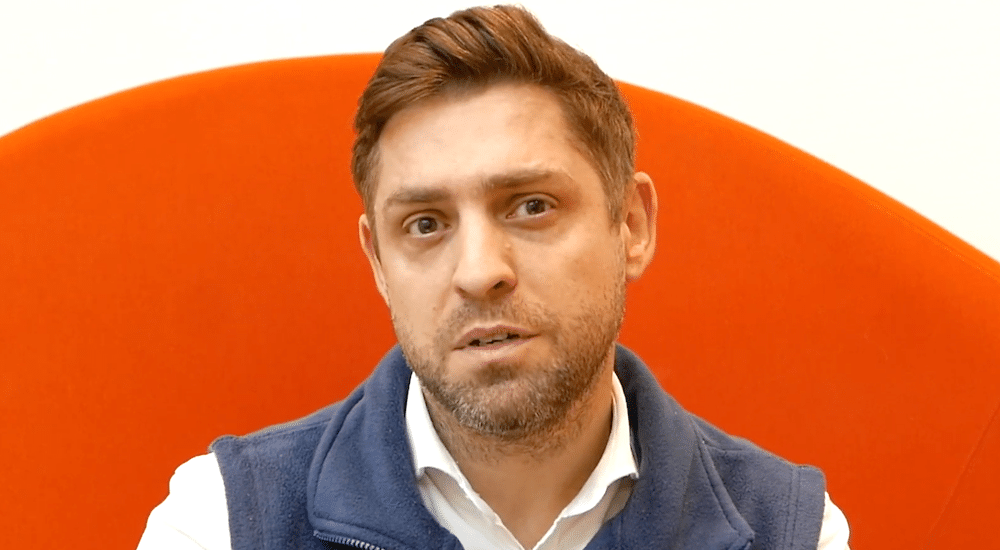Author of new study on CI benefits urges insurers to stop denying coverage of cochlear implants to deaf children with learning delays
The results of a new study by Keck Medicine of the University of Southern California suggest that infants with hearing loss and severe developmental delays are better served with cochlear implants (CIs) than hearing aids.

Begun in 2010, the study, published in May 2022 in the journal Pediatrics underlines the need for early cochlear implant use for deaf children, regardless of developmental impairments.
But many insurance companies don’t cover cochlear implantation for deaf children who have early developmental impairment, and many centres won’t implant these children. The companies have traditionally argued that implants will not help these children to learn to communicate. This new Keck study suggests otherwise.
Following children over two years
In 2010, researchers identified children with severe to profound hearing loss at two large pediatric cochlear implant centers in Texas and California. Children were given a baseline assessment in cognition, adaptive behavior, language and auditory skills. Some were identified as having learning delays.
All infants began the study wearing hearing aids. From the approximately 200 children enrolled in the study, researchers identified and compared the progress of children who continued to use hearing aids and those who received cochlear implants.
25% improvement in implanted subjects vs those with hearing aids
Researchers gave the children repeated evaluations over the next few years. By the time of the final assessment, those with cochlear implants — including children with learning delays — showed up to almost 25% more improvement in the tracked skills than those using hearing aids.
“We demonstrated that cochlear implants improve the skills of deaf children with early developmental impairment across the board in every skill tested — cognitive, adaptive behavior, language and auditory” said Keck otolaryngologist Dr. John Oghalai, chair of the USC Caruso Department of Otolaryngology – Head and Neck Surgery, and lead author of the study.
“Cochlear implantation should be considered regardless of the presence of learning delays so all children can develop to their maximum potential,” added Oghalai, who admitted some limitations to the study, such as researchers being unable to carry out a randomised controlled clinical trial, and the two-year period following the children being too short to reveal what will happen to them in the future.
Early implantation best
Dr. Oghalai and his team are recommending that paediatricians recommend implantation as early as possible for children with severe to profound hearing loss, and that CIs be considered regardless of children’s cognitive status.
“We urge insurance companies not to use cognitive status as a litmus test to determine whether or not to cover a child for cochlear implantation,” stressed the research lead.
Source:Newswise
 Sign in
Sign in

